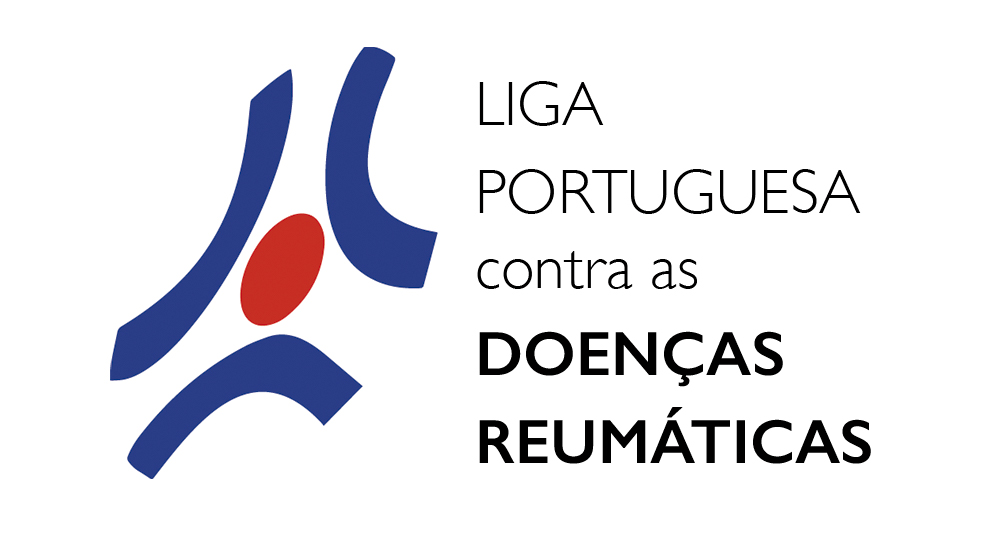
Assessment of the Impact of the COVID-19 Pandemic on People with Rheumatic Diseases in Europe
ABOUT REUMAVID
The public health emergency provoked by the COVID-19 pandemic is paralleled by an economic and social crisis to which, according to research, patients with rheumatic and musculoskeletal diseases are particularly vulnerable.
The REUMAVID study “Assessment of the Impact of the COVID-19 Pandemic on People with Rheumatic Diseases in Europe” is a cross-sectional study conducted using an online patient survey aiming to evaluate patients with rheumatic and musculoskeletal diseases physical and psychological health, wellbeing and lifestyle habits, access to healthcare and treatment as well as access to information and supportive services, and how have they changed during the pandemic, from their perspective, using a holistic approach. This complements the already existing clinical body of data of how patients were affected irrespective of whether they contracted COVID-19.
THE REUMAVIDWORKING GROUP
Prof. Marco Garrido
Dra. Victoria Navarro
Dra. Helena Marzo
Sra. Laura Christen
Sr. Pedro Plazuelo Ramos
REUMAVID is an international collaboration led by the Health & Territory Research group of the University of Seville, together with CEADE (Spanish Federation of Patient Organizations) and other patient organizations from seven European countries and, a multidisciplinary research team involving patient research partners, rheumatologists, psychologists, and researchers.
DR Dale Webb
Mrs. Claire Jacklin
Mrs. Shantel Irwin
Dr. Laurent Grange
Mrs. Elsa Frazão Mateus
dott.ssa Serena Mingolla
Mrs. Souzi Makri
Dr. Laurent Grange

why REUMAVID?
The COVID-19 pandemic has put an unprecedented strain on European healthcare systems that has led to a forced prioritization of the management of the pandemic over the routine management of chronic conditions like rheumatic diseases.
Several projects have been launched to collect clinical data on the impact of COVID-19, such as the EULAR-COVID-19 Database or the COVID-19 Global Rheumatology Alliance. However, there is a lack of information to understand the impact of the pandemic and related measures on people with rheumatic conditions as a whole.
Research on the experience of people with rheumatic diseases is crucial to make the voice of patients be heard and for decision-makers to adapt health policy as the pandemic develops.
countries in the REUMAVID study
The Patient Perspective in the REUMAVID study
REUMAVID is a study from patient to patients. Patient research partners are involved in all stages of the process: conception, study design, interpretation of data and dissemination.
Participating Patient Organizations
history of REUMAVID
REUMAVID started in Spain during the first wave of the COVID-19 pandemic, when many people were being hospitalised and losing their lives. During this time many European countries went into lockdown.
We started to think about the people with rheumatic diseases. How would they be coping? Were they getting access to the health care and treatment they needed to manage their rheumatic condition?
In search of answers, the Health & Territory Research team at the University of Seville contacted the Spanish Coordination of Spondyloarthritis Associations (CEADE) to identify the main concerns and priorities of patients during lockdown. This information was used to develop a pilot questionnaire for patients with rheumatic diseases in Spain, but soon other patient associations in Europe expressed interest in joining this initiative, and REUMAVID was born. As suspected, we found that many people with rheumatic diseases were unable to access the help they needed and found their general, health, rheumatic condition, and mental health deteriorating.
The results of REUMAVID were well received at various national and international congresses, including the American College of Rheumatology Annual Meeting, ACR Convergence 2020, where the results of REUMAVID were selected as an oral presentation.
We continue our efforts to disseminate REUMAVID results so that its key messages reach patients, clinicians, the general public and policy makers. Similarly, REUMAVID results are being used to establish recommendations on how to better meet the needs of patients in times of crisis, and to support the design of future strategies to minimise the negative consequences of the pandemic on the health and well-being of people with rheumatic diseases.











